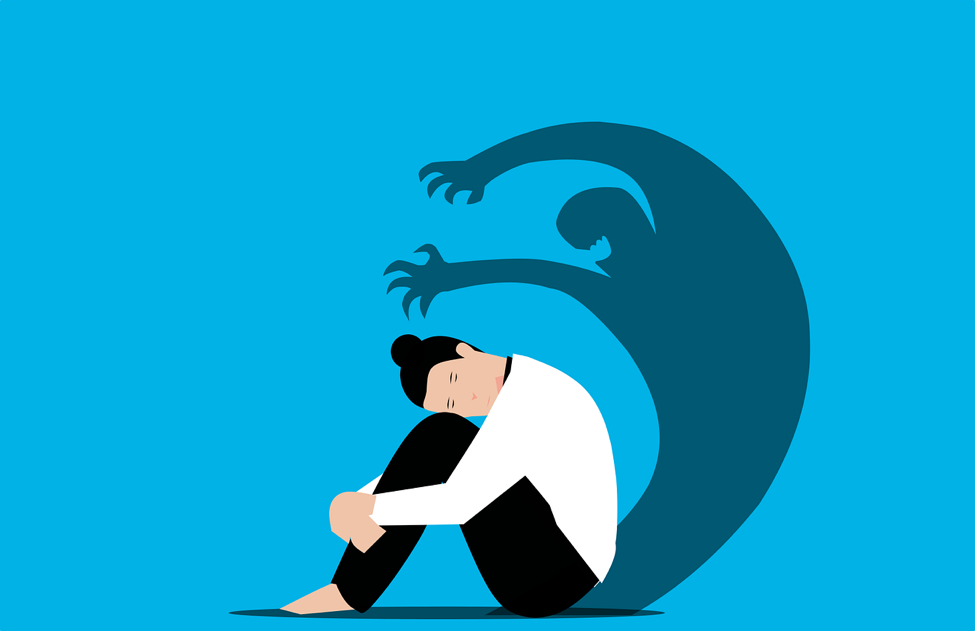Contents
Introduction
The LGBTQ (lesbian, gay, bisexual, transgender, and queer) community faces many challenges when it comes to mental health and wellness. Mental health is an important part of overall well-being, and it’s critical for members of the LGBTQ community to prioritize their mental health and wellness.
In this blog, we’ll discuss what mental health and wellness is, the importance of mental health and wellness for the LGBTQ community, and 4 mental health and wellness tips for the LGBTQ community.

What is mental health and wellness?
Mental health and wellness is an important part of overall well-being. It’s not just the absence of mental illness, but a state of physical, emotional, and social well-being. Mental health and wellness can involve managing stress, developing healthy relationships, engaging in physical activity, and participating in activities that bring joy.
Mental health and wellness is important for everyone, but particularly for members of the LGBTQ community.
The importance of mental health and wellness for the LGBTQ community
Members of the LGBTQ community face unique challenges when it comes to mental health and wellness. The LGBTQ community has long faced discrimination, marginalization, and violence, which can take a toll on mental health.
Additionally, LGBTQ people may face additional stressors such as coming out and dealing with family or societal rejection. It’s important for members of the LGBTQ community to prioritize mental health and wellness in order to cope with these challenges.
Mental health and wellness tips for the LGBTQ community
The following are 4 mental health and wellness tips for the LGBTQ community.
1. Practice self-care
Self-care is essential for mental health and wellness. It’s important for LGBTQ people to take time for themselves and engage in activities that bring them joy. This can include taking a walk, listening to music, spending time with friends, or engaging in a hobby. Additionally, it’s important to get enough sleep, eat healthy foods, and engage in regular physical activity.
2. Seek professional help when needed

It’s important to seek professional help when needed. Mental health professionals such as therapists and psychiatrists can help LGBTQ people cope with unique challenges such as discrimination and violence.
Additionally, they can help with issues such as anxiety, depression, and trauma. Treatment is often individualized, and it’s important to find a mental health provider who is knowledgeable and respectful of LGBTQ issues.
3. Connect with LGBTQ support groups
Connecting with other LGBTQ people can be a great source of support. There are many online and in-person support groups for LGBTQ people. These groups provide a safe space for LGBTQ people to talk about their experiences and get support from others. Additionally, many of these groups provide resources such as counseling and referrals to mental health providers.
4. Develop healthy coping mechanisms
It’s important for LGBTQ people to develop healthy coping mechanisms for dealing with stress and adversity. This can include activities such as deep breathing, progressive muscle relaxation, and journaling. Additionally, it’s important to practice mindfulness, which involves being present in the moment and focusing on the here and now.
Mental health resources for the LGBTQ community
There are many resources available to LGBTQ people looking for mental health support. The following are just a few:
- The Trevor Project provides crisis intervention and suicide prevention services to LGBTQ youth.
- The National LGBTQ Task Force provides a directory of LGBTQ-friendly mental health providers.
- The Human Rights Campaign provides resources on LGBTQ mental health.
- The American Psychological Association has resources for LGBTQ people looking for mental health support.
Conclusion
Mental health and wellness is an important part of overall well-being, and it’s critical for members of the LGBTQ community to prioritize their mental health and wellness. There are many mental health and wellness tips for the LGBTQ community, including practicing self-care, seeking professional help when needed, connecting with LGBTQ support groups, and developing healthy coping mechanisms.
Additionally, there are many resources available to LGBTQ people looking for mental health support.
At the end of the day, it’s important for LGBTQ people to prioritize their mental health and wellness. By developing healthy coping strategies, seeking professional help when needed, and connecting with support groups, members of the LGBTQ community can take steps to improve their mental health and wellness.
